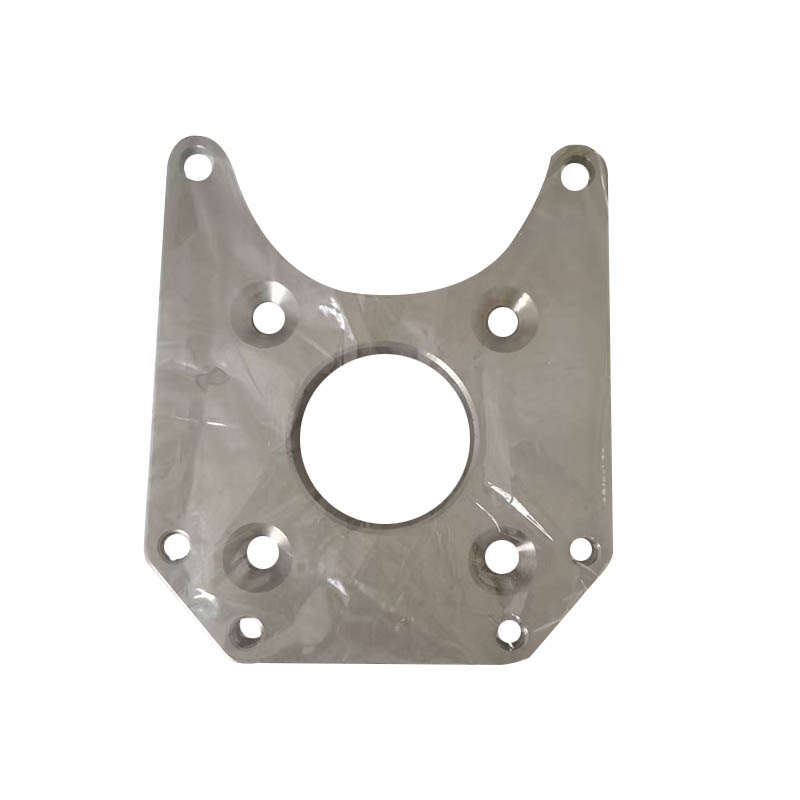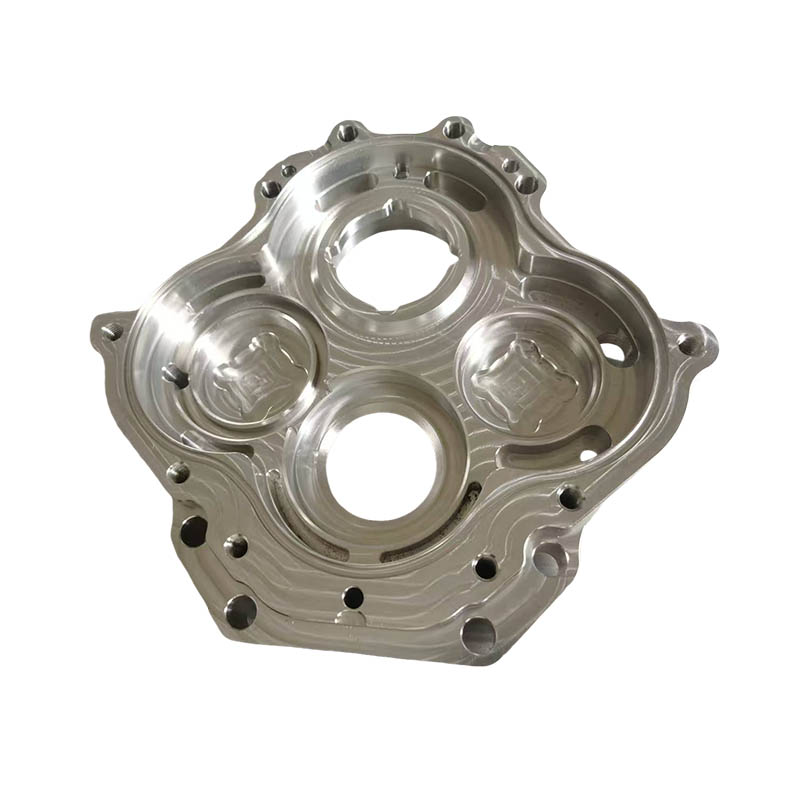
Unlocking Precision: The Power and Advantages of CNC Machining for High-Quality Components
Publish Time: 2025-10-20
In today’s advanced manufacturing landscape, precision components play a critical role across industries such as aerospace, automotive, medical devices, and electronics. Achieving high accuracy, complex geometries, and consistent quality is essential for both functionality and reliability. CNC (Computer Numerical Control) machining has become the industry standard for producing these components, offering unparalleled precision, repeatability, and versatility. By leveraging computer-controlled tools and automated processes, CNC machining allows manufacturers to meet demanding tolerances, accelerate production cycles, and adapt quickly to design changes, all while maintaining exceptional surface quality and efficiency.1. High Precision and RepeatabilityCNC machining utilizes computer-controlled movements to achieve micron-level precision, which is essential for industries such as aerospace, medical devices, and precision instruments. Beyond accuracy, CNC machining ensures that every operation is executed exactly according to the programmed instructions. This guarantees uniformity across multiple parts in batch production, significantly reducing human error and dimensional deviations. The high repeatability and consistency make CNC machining the preferred method for manufacturing high-precision components, ensuring reliable quality for both prototyping and large-scale production.2. Ability to Machine Complex GeometriesTraditional machining often struggles with intricate surfaces, irregular grooves, threads, or multi-angle contours. CNC machining overcomes these limitations through three-axis, five-axis, or multi-axis capabilities, allowing complex parts to be machined in a single setup. This reduces the need for multiple clamping operations, minimizing cumulative errors. CNC machines can accurately process internal features, deep holes, slanted surfaces, and tiny recesses, greatly expanding design possibilities and enabling the production of components that would otherwise be difficult or impossible to manufacture.3. High Efficiency and AutomationCNC machining is highly automated, enabling continuous operation with minimal human intervention, which greatly increases production efficiency. During batch production, multiple parts can be machined simultaneously, and features like automatic tool changers and program cycles allow long periods of unattended operation. Additionally, for small-batch or customized parts, only a program adjustment is needed to accommodate new designs, significantly shortening the lead time from concept to finished part. This flexibility allows companies to quickly respond to market demands while maintaining high-quality output.4. Stability and ReliabilityBecause CNC machining is fully computer-controlled, the machining process remains stable and is largely unaffected by the skill level of the operator. When combined with precision fixtures and cutting tools, CNC machining ensures consistent quality and high reliability, reducing scrap rates. Even under heavy workloads or continuous operation, CNC machines maintain performance stability, which is critical for industries where tight tolerances and high surface quality are required. The reliability of CNC machining contributes to predictable production outcomes and long-term operational efficiency.5. Wide Material CompatibilityCNC machining is compatible with virtually all industrial materials, including aluminum, steel, titanium, copper, plastics, and composite materials. It performs exceptionally well on hard materials and high-strength alloys, maintaining high precision and superior surface finish. Adjusting tool types, feed rates, and cutting speeds allows CNC machines to handle a broad range of materials efficiently. This versatility enables manufacturers to meet diverse design and functional requirements, making CNC machining a solution for multiple industries and applications.6. Excellent Surface QualityBy optimizing tool selection, cutting speed, and feed rate, CNC machining can achieve smooth, high-quality surfaces that often reduce or eliminate the need for post-processing like polishing or grinding. This not only saves production time but also lowers manufacturing costs, while enhancing assembly accuracy and component longevity. In industries such as electronics, medical, and aerospace, surface quality directly impacts functionality and aesthetics. CNC machining delivers both high precision and excellent surface finishes, ensuring components meet stringent industry standards.7. Flexibility and ModifiabilityThe program-controlled nature of CNC machining makes design modifications quick and flexible. Updating the machining program is sufficient to accommodate new designs without the need for new molds or extensive equipment adjustments. This is particularly beneficial for rapid prototyping, small-batch customized parts, and product development cycles. Engineers can quickly verify design concepts, accelerate R&D progress, and avoid the costs and delays associated with traditional machining, where frequent tool or mold changes would otherwise be necessary.8. Reduced Labor CostsCNC machining is highly automated, reducing dependence on highly skilled manual operators while minimizing human-induced errors and material waste. Machines can run continuously for extended periods, with operators only responsible for program setup, monitoring, and maintenance. For mass production and repetitive tasks, CNC machining not only lowers labor costs but also improves process stability. This automation ensures consistent quality while providing long-term economic benefits to manufacturers, making it an efficient and reliable solution for high-precision component production.


